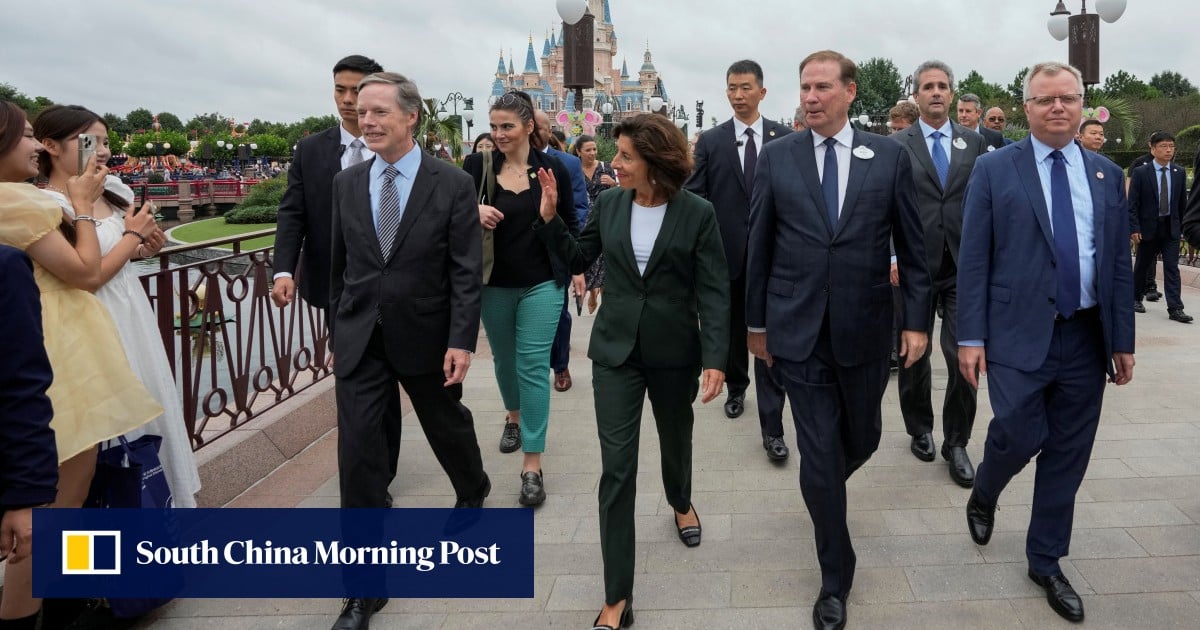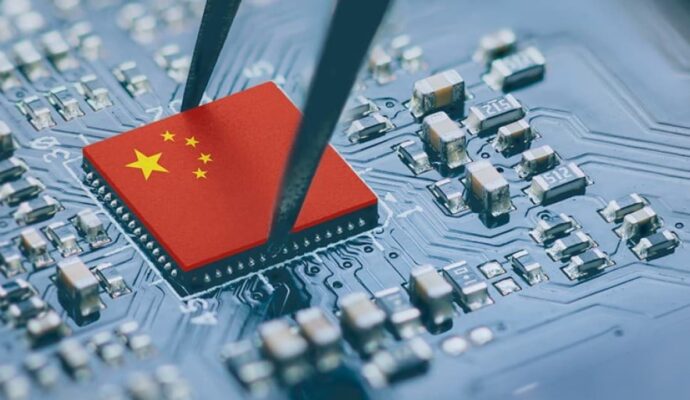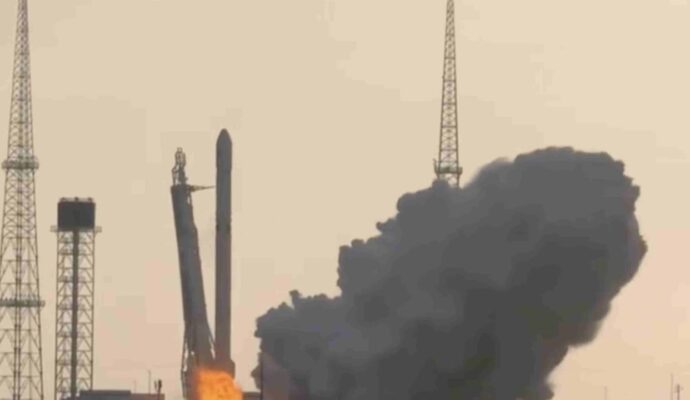
US Commerce Secretary Gina Raimondo hailed “an important beginning” for Beijing and Washington to manage tensions on Wednesday, while also calling on China to address market concerns for American firms.
She made the remarks hours before wrapping up her four-day trip to China, which yielded the establishment of working groups to facilitate further bilateral communication.
But during a press conference after a visit to the Boeing Shanghai Aviation Services joint venture on Wednesday, Raimondo did not elaborate on the first exchange on the thorny issue of export controls that took place on Tuesday with her Chinese counterparts.
She did, though, call for more predictable policies from Beijing for foreign investors.
It was a big step forward. We can’t solve any problems without first communicating
“It was three days of productive meetings and the biggest achievement was to start regular communication,” said Raimondo, responding to a question from the Post.
“The achievement was to have face-to-face discussion and to put on the table some of the biggest challenges in our trade and investment and our commercial relationship.
“It was a big step forward. We can’t solve any problems without first communicating. Now we have to launch these mechanisms and see what problems we might be able to solve.”
Advertisement
There is no room to negotiate when it comes to protecting America’s national security, including detecting emerging technology
She kept a tough tone on national security, which has limited China’s access to advanced technology, and said she also raised concerns on subsidies, raids on US consultancy firms, a lack of level playing field and intellectual property theft to Chinese officials during her visit.
“There is no room to negotiate when it comes to protecting America’s national security, including detecting emerging technology,” she said.
Chinese authorities raided the Beijing office of American due diligence firm Mintz Group and the Shanghai office of US consulting giant Bain & Company earlier this year on national security reasons, fanning widespread fears among the foreign business community.
Advertisement
Raimondo said that both sides agreed to facilitate further talks and to figure out how to protect trade secrets and intellectual property.
“I did not receive any pushback, and the same for the export control enforcement information exchange,” she added.
Advertisement
“US businesses want to do business [in China], but they need to have a predictable regulatory environment.”
Raimondo called on China to “promote transparency and the fair application of laws and regulations to ensure stability and predictability in the business environment for the US and other investors,” in a meeting with Shanghai Communist Party secretary Chen Jining on Wednesday, according to the US Commerce Department.
She also delivered a speech at a women’s conference held by the American Chamber of Commerce in Shanghai and visited New York University Shanghai and Disneyland.
Businesses need a predictable regulatory environment. We are not returning to the days when we had dialogue for dialogue’s sake
Raimondo is reported to have said earlier that foreign companies have complained that China is “uninvestible” and foreign business, including US firms, are facing an uphill battle to manage operations in China.
Advertisement
“Businesses need a predictable regulatory environment. We are not returning to the days when we had dialogue for dialogue’s sake,” she added on Wednesday.
“But shutting down communication and decoupling services is neither within our economic nor national security goals.”
American Chamber of Commerce in China president Michael Hart said that certain actions, including raids on companies and restricting data flows are not “conducive” to attracting additional foreign direct investment.
We’ve been encouraged to see a number of recent policies from the Chinese government
Advertisement
“We also look forward to working with the government on their commitments to improving [intellectual property] enforcement and providing more clarity on data.”
China’s Ministry of Finance said on Monday that tax exemptions for expatriates, including waivers on rent, language training and children’s education, have been extended until the end of 2027.
Beijing has been eager to boost overseas investment amid its economic slowdown, but China’s foreign direct investment dropped by 9.8 per cent, year on year, to US$111.8 billion in the first seven months of 2023, according to the Ministry of Commerce.
“Multinationals operating and investing in China are facing a widening, rapidly changing and less predictable risk landscape driven by a combination of market, regulatory and economic factors,” said Alfredo Montufar-Helu, head of The Conference Board’s China Centre for Economics and Business.
“Deterioration of the geopolitical environment” hinders the ability of companies to respond to risks and how the US “de-risk China has become a topic of intense discussion at the board level,” he added.
Figures unadjusted for inflation from the US Commerce Department showed that the value of US imports from China totalled US$203 billion in the first half of the year, down by 25 per cent from a year earlier.
And for the first seven months of 2023, Chinese customs figures showed a year-on-year fall of 18.6 per cent to US$281.7 billion for its shipments to the US.
“With its huge market scale and a comprehensive supporting system, China is still an important investment destination in the world,” Ministry of Foreign Affairs spokesman Wang Wenbin said on Wednesday.
Advertisement


